TouchstoneTheFool
gamer level 5
3353 xp
3353 xp
followers
3
3
Use my invite URL to register (this will give me kudos)
https://boardgaming.com/register/?invited_by=touchstonethefool
profile badges




recent achievements

Novice Reviewer
Review 5 games and receive a total of 140 positive review ratings.
Review 5 games and receive a total of 140 positive review ratings.

Comment on your favorite LGS
Add a comment on your favorite local game store page to tell people what you like about your LGS.
Add a comment on your favorite local game store page to tell people what you like about your LGS.

Follow a Local Game Store
Follow a local game store. The purpose of following is to get notifications when comments are added to the board.
Follow a local game store. The purpose of following is to get notifications when comments are added to the board.

Pick a Favorite LGS
Go to the Store Locator page, find your favorite local game store (LGS) and click on the Favorite button.
Go to the Store Locator page, find your favorite local game store (LGS) and click on the Favorite button.

Add Games to Your Wish List! Navigate to a game page and click on the "Want It!" button











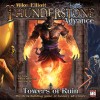
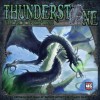
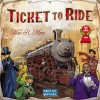


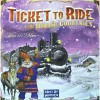
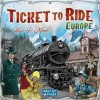


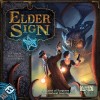
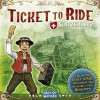
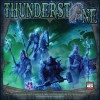













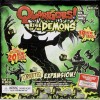
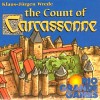





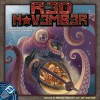









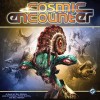
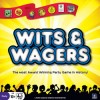
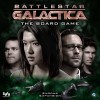






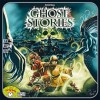
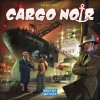




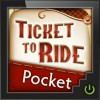




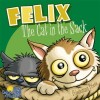






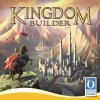
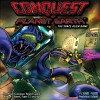
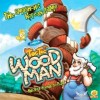
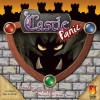


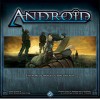





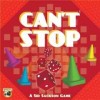
Mascarade Expansion
The base game of Mascarade is a wonderful stew of player-driven social chaos, and the Mascarade Expansion gives players old and new even more ways to tweak the game to their tastes. Players can either add more chaos (Alchemist, Puppet Master) or less (Princess, Sage) as well as a variety of other money gaining (Gambler, Patron) or role shenanigan (Actress, Usurper, Necromancer) cards.
A welcome addition are two roles that can be played with 6+ players in addition to more 8+ player roles. All too often I’ve had enough players to make Mascarade a good choice, but not enough to add any of the fun 8+ roles. These new roles add some nice, interesting variety that can be used in lower player counts.
Ultimately, if you’re a fan of Mascarade you owe yourself a try of this expansion, as it offers even more variety. It might even change your mind if you weren’t quite a fan to begin with, as it gives even more avenues to tweak the game to your tastes.